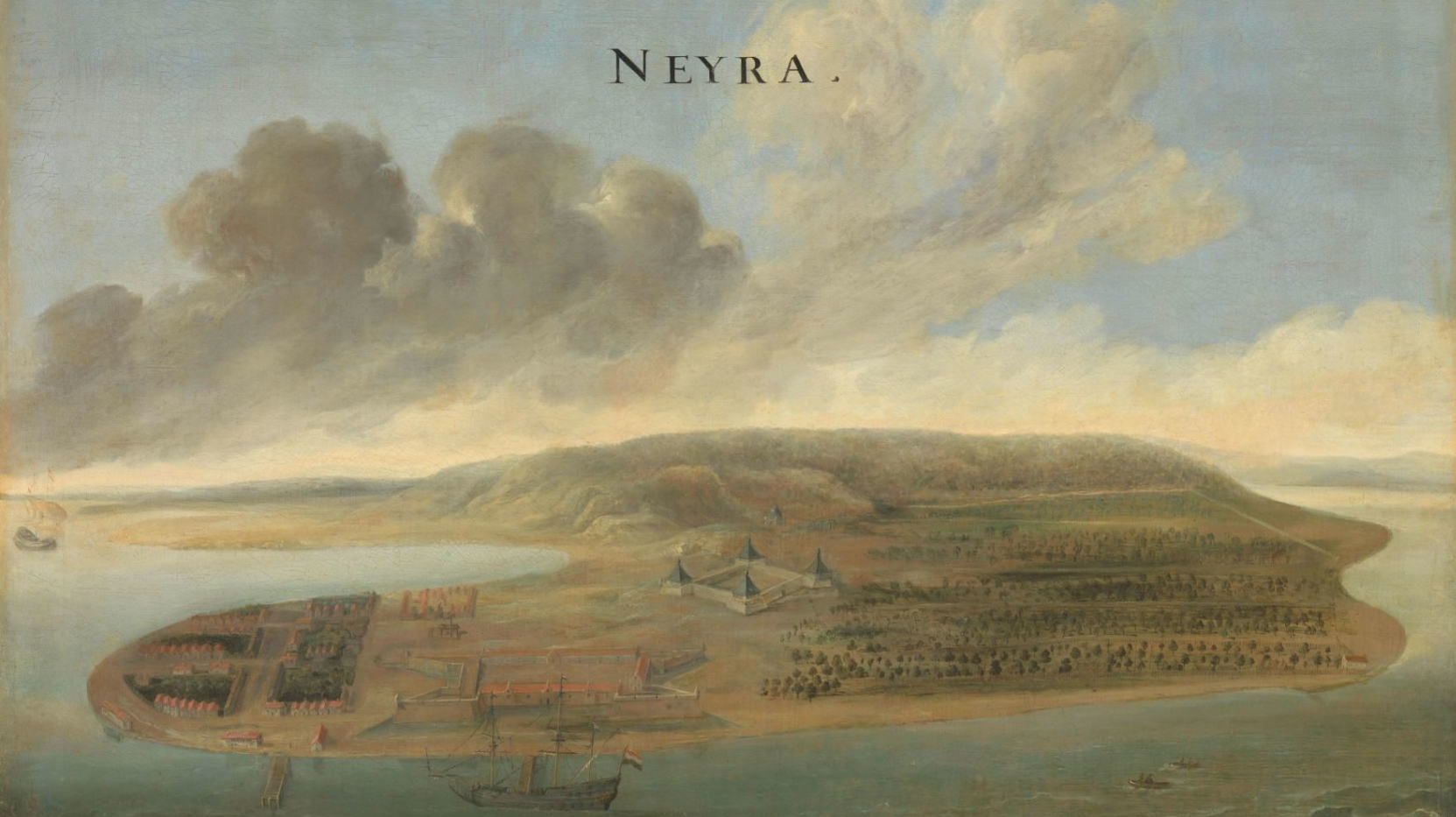Land Grabbing Empire: State Strategy and Large Scale Land Transfers in Dutch Expansion (16th-18th century)
Land grabbing, defined as the forced transfer of land from peasant producers to commercial investors, deeply affects the organization of global agriculture. Although the roots of this phenomenon go back centuries, its dynamics are still poorly understood. The reason is that land grabbing is usually analysed as a form of violent, rent-seeking behaviour, counterpoised to the institutional underpinnings of advanced market economies.
This project radically reverses this perspective by investigating how the highly market-oriented early modern Dutch state and colonial companies employed land grabbing to advance commercial agriculture. By focussing on the Dutch state, a driving force in early modern commercial globalization, this project sheds light on the importance of land grabbing for the history of capitalism and offers insights into the mechanisms connecting the violent dispossession of peasant populations and the development of commercial agriculture.
Conquests by the early modern Dutch state and colonial companies led to profound shifts in landholding and land use, both overseas and domestically. What is unknown is to what extent this was the result of active and premeditated policies, and how strategies for agrarian transformation “travelled” between domestic and colonial frontier regions. To find this out, this project compares policies for rural transformation along four analytical axes:
- Property (shifts in landownership and their legitimization)
- Power (conflict and collaboration between Dutch and indigenous actors)
- Labour relations (transformations of agricultural labour systems)
- Ecology (exploiting and engineering natural conditions).
This project, funded by an NWO Vidi grant, is executed at the Vrije Universiteit (VU Amsterdam) and IISH. It consists of four sub-projects
Sam Miske, MA (PhD candidate, VU Amsterdam), studies Dutch land grabbing policies on the Banda Islands and Java.
Zawdie Sandvliet, MA (PhD candidate, VU Amsterdam), studies land-policies at the foundation of the plantation complex in Suriname, in Atlantic comparative perspective.
Tzu-Yi (Dylan) Hsu, MA (External PhD candidate, VU Amsterdam and research fellow IISH), studies Indigenous and Chinese trading networks and agrarian producers in Dutch Taiwan.
Prof. dr. Pepijn Brandon (IISH and VU Amsterdam), studies thought and practice of commercial land use and rural dispossession in the Dutch Republic, and will write the project’s synthesis drawing insights from the early modern period for the long-run interaction between land grabbing and agrarian capitalism.
Expected running time: 2022-2027
Picture: Two Views of Dutch East India Company Trading Posts: Lawec in Cambodia and Banda in the Southern Moluccas, Johannes Vinckboons (attributed to), c. 1662 - c. 1663. Collectie Rijksmuseum



